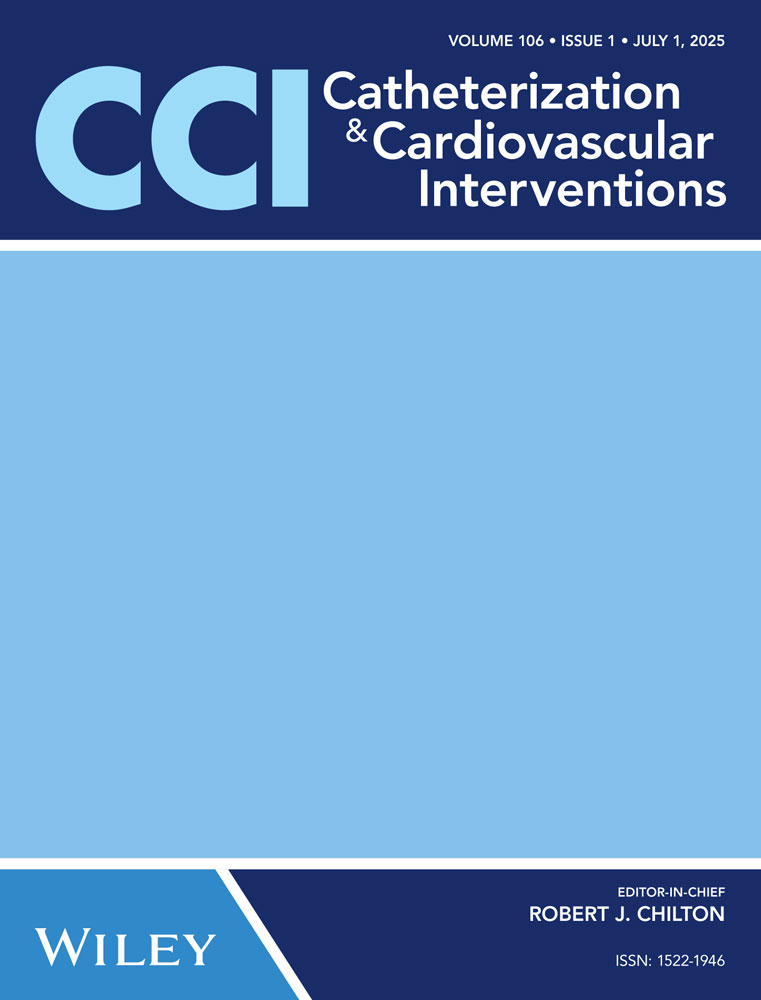Sex-Specific Outcomes in Patients Undergoing Transcatheter Closure of Atrial Septal Defects: Do They Benefit Equally?
Lore Schrutka and Lusine Abrahamyan Contributed equally to this study.
ABSTRACT
Background
Sex differences in congenital heart disease are known to effect outcomes, however, there is limited data on its role in atrial septal defect (ASD) closure.
Aims
We aimed to investigate sex differences in baseline characteristics, procedural and long-term outcomes of patients who underwent transcatheter ASD closure.
Methods
This single-center, retrospective cohort study enrolled adult patients undergoing ASD closure between 2005 and 2016 at the Toronto General Hospital, Canada. Information on index procedure and follow-up was extracted from the hospital medical records.
Results
Of the 853 patients included, 281 (32.9%) were male and 572 (67.1%) were female. Females more frequently presented with dyspnea or palpitations, whereas males had more cardiovascular comorbidities. More males presented with right ventricular (RV) dysfunction than females. Females had higher RV systolic pressures and a higher prevalence of moderate-to-severe tricuspid regurgitation (TR). Procedure-related complications were rare and not different by sex. At 12-month follow-up, both males and females showed comparable decreases in RV diameter, RV systolic pressure, and TR severity. After a mean follow-up of 3 years (SD = 5), no significant differences were observed in the incidence of death (adjusted hazard ratio (HR) = 1.48 [95% CI 0.38−5.74]; p = 0.57), need for cardioversion or ablation, cerebrovascular events, and pacemaker implantation. Females had a lower hazard of new-onset atrial fibrillation than males (HR = 0.63 [95% CI 0.41−1.00]; p = 0.05).
Conclusion
Although patient profiles differed by sex, procedural and long-term outcomes were comparable, suggesting that females and males benefit equally from transcatheter ASD closure.
Conflicts of Interest
The authors declare no conflicts of interest.
Open Research
Data Availability Statement
The authors take responsibility for all aspects of the reliability and freedom from bias of the data presented and their discussed interpretation.




